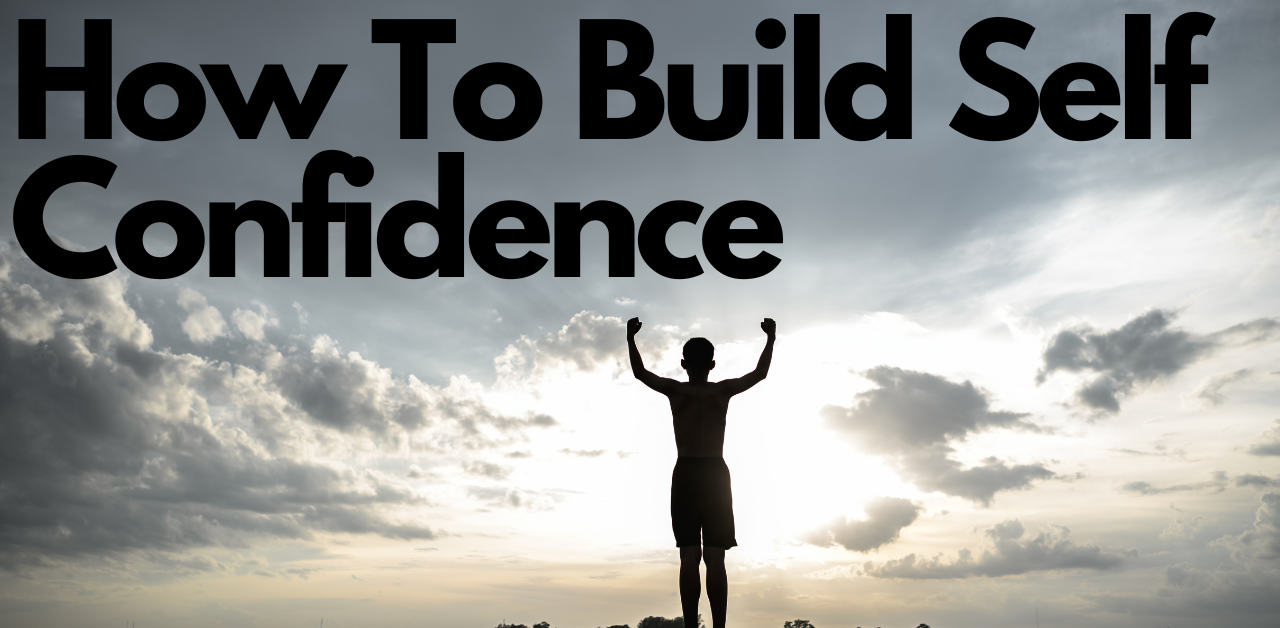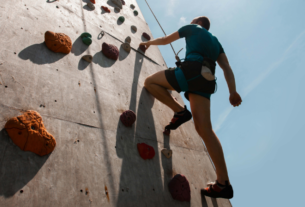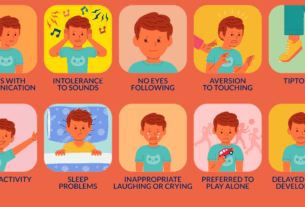Building self-confidence and self-esteem.
Build Self-confidence and self-esteem are crucial elements that enable individuals to reach their full potential and lead fulfilling lives. Self-confidence is the belief in one’s abilities, qualities, and judgment, while self-esteem is the overall sense of worthiness and self-respect. Both of these qualities are closely interrelated and can be developed and strengthened through various practices and techniques. Building self-confidence and self-esteem requires a conscious effort and a willingness to challenge negative self-talk, replace limiting beliefs, and cultivate positive self-affirmations. It also involves embracing one’s strengths and weaknesses, learning from mistakes, and setting achievable goals. Building self-confidence and self-esteem is a gradual process that requires patience and persistence. Here are some steps that can help you improve your confidence and self-esteem:
Identify your strengths and weaknesses:
Take some time to reflect on your strengths and weaknesses. Think about what you are good at and what you need to improve on. Knowing your strengths will help you build on them and feel good about yourself. Knowing your weaknesses will help you work on them and feel more confident in those areas. Building self-confidence involves identifying one’s strengths and weaknesses. Strengths are the qualities or skills that make a person feel capable and confident, while weaknesses are areas where one may feel uncertain or lack confidence. By acknowledging both, one can work on improving weaknesses and using strengths to boost self-confidence.
Set achievable goals:
Set realistic goals for yourself. These goals should be challenging but achievable. When you reach these goals, you will feel a sense of accomplishment and your self-confidence will improve. Setting achievable goals is a key way to build self-confidence. By setting goals that are realistic and within your reach, you’ll be able to experience success and accomplishment, which can help boost your self-esteem and confidence over time.
Practice self-care:
Take care of yourself physically, mentally, and emotionally. This includes getting enough sleep, eating healthy, exercising regularly, and taking time to relax and recharge. Self-care involves taking actions that prioritize your physical, emotional, and mental well-being. By practicing self-care, you show yourself love and compassion, which helps build self-confidence. It can include activities such as exercise, healthy eating, mindfulness, and relaxation techniques.
Surround yourself with positive people:
Spend time with people who encourage and support you. Avoid people who bring you down or make you feel bad about yourself. Surrounding yourself with positive people can help you build self-confidence by providing a supportive environment, uplifting conversations, and encouraging feedback. Positive people can inspire you to believe in yourself, challenge your self-doubt, and push you towards your goals.
Practice self-compassion:
Be kind to yourself and practice self-compassion. Treat yourself as you would treat a friend who is going through a tough time. Remember that everyone makes mistakes and that it is okay to fail. Self-compassion is treating yourself with the same kindness and understanding that you would offer to a good friend. It involves recognizing your own humanity and imperfections, being gentle with yourself when things go wrong, and cultivating a non-judgmental attitude towards yourself.
Face your fears:
Identify the things that make you anxious or scared and try to face them. This could be something as simple as speaking up in a meeting or something more challenging like taking a public speaking course. Each time you face your fears, your confidence will grow. Building self-confidence involves facing your fears and taking action despite feeling anxious or unsure. Start by setting small goals, practicing self-compassion, and challenging negative self-talk. With persistence and courage, you can gradually increase your confidence and overcome your fears.
Celebrate your successes:
When you achieve something, no matter how small it may seem, take the time to celebrate your success. This will help you feel good about yourself and reinforce your self-confidence. Building self-confidence involves recognizing and celebrating your successes, no matter how small. By acknowledging your accomplishments, you build a positive self-image and gain motivation to continue pursuing your goals. Celebrating success helps you to focus on the progress you’ve made rather than dwelling on shortcomings
Remember, building self-confidence and self-esteem takes time and effort. Be patient with yourself and keep working towards your goals. With persistence, you can improve your confidence and feel better about yourself.
Conclusion:
Self-confidence and self-esteem are essential qualities for personal growth and success. Building these qualities requires a commitment to self-improvement, which can be achieved through setting achievable goals, practicing positive self-talk, focusing on strengths, and overcoming self-doubt. Through consistent effort and perseverance, individuals can develop a sense of self-worth and belief in their abilities, leading to a happier and more fulfilling life. Ultimately, building self-confidence and self-esteem requires a willingness to embrace personal growth and change, and to approach challenges with a positive and determined mindset.
FAQs:
What factors affect self-esteem?
Self-esteem is influenced by various factors such as childhood experiences, social interactions, physical appearance, accomplishments, and societal expectations. Positive experiences and feedback can boost self-esteem, while negative experiences and criticism can lower it. Personal beliefs and attitudes also play a role in shaping self-esteem.



